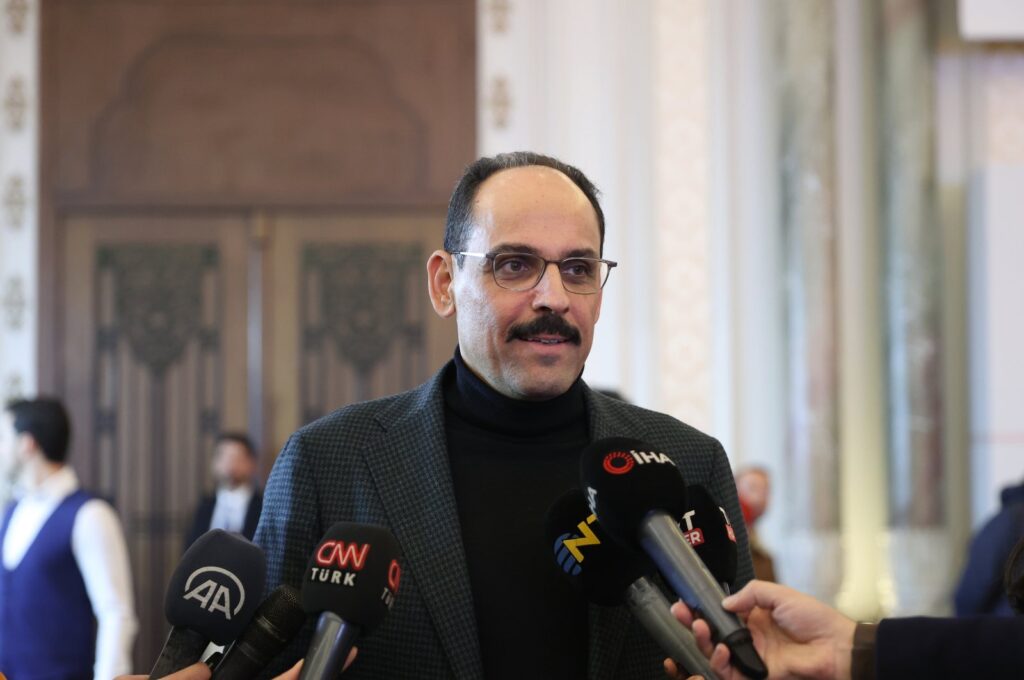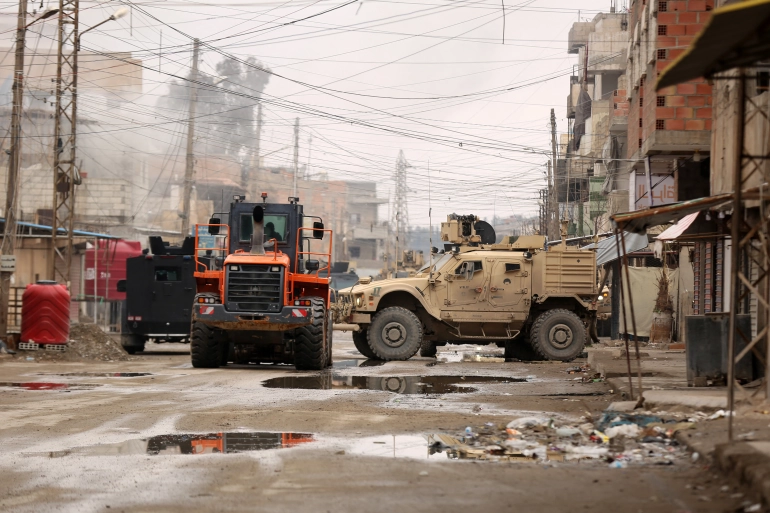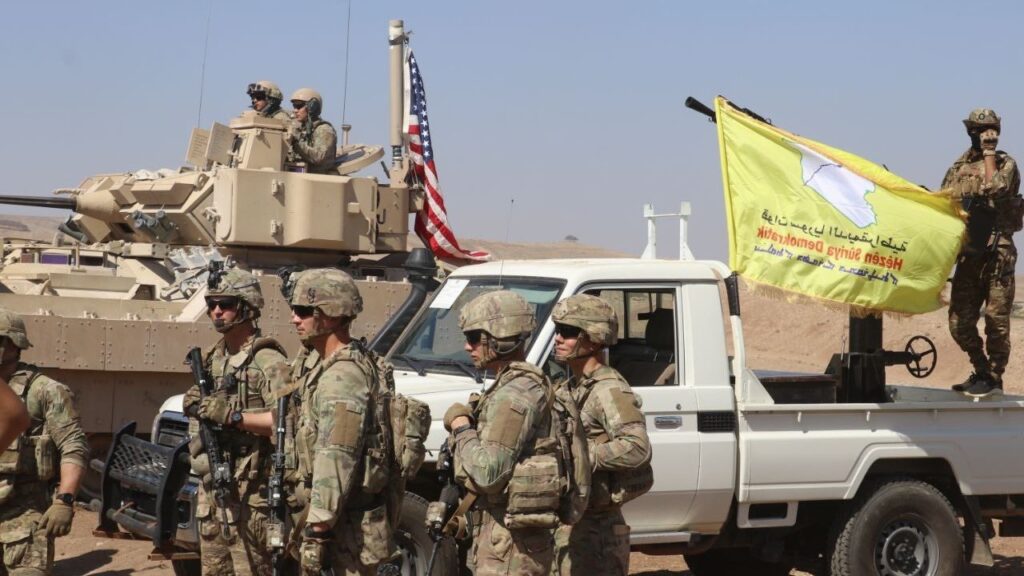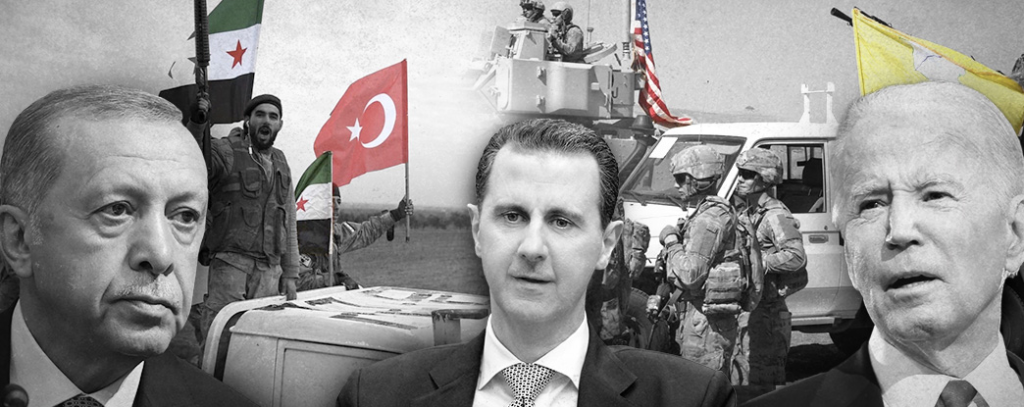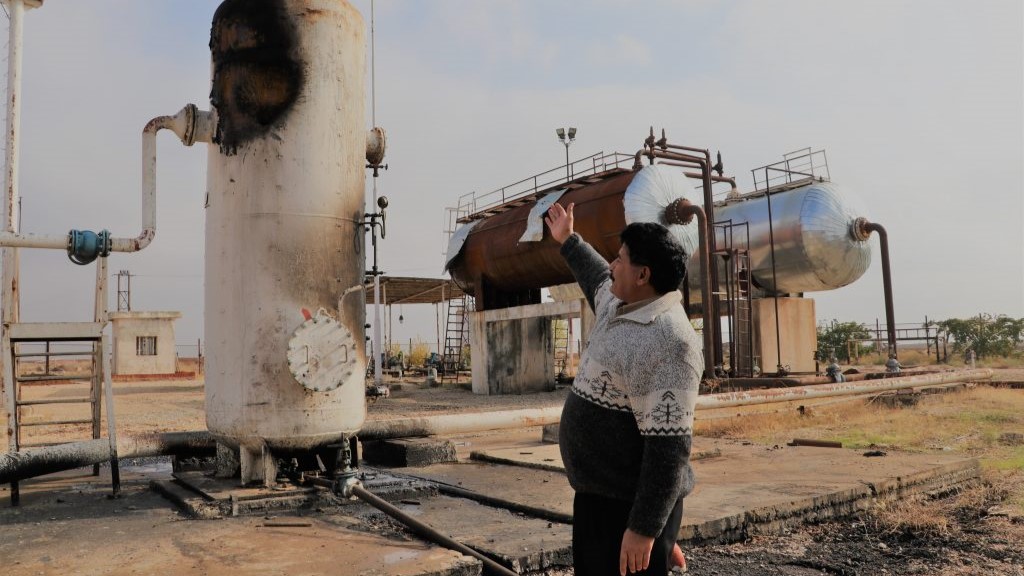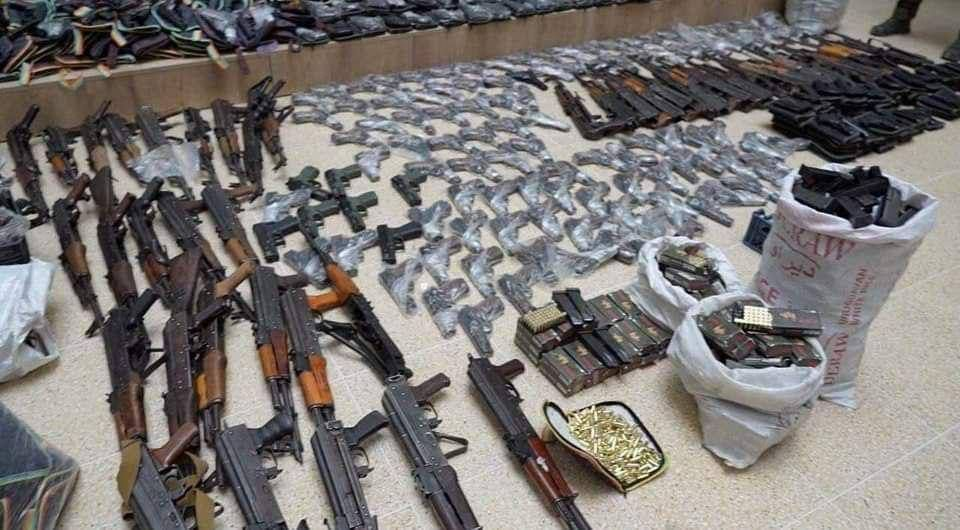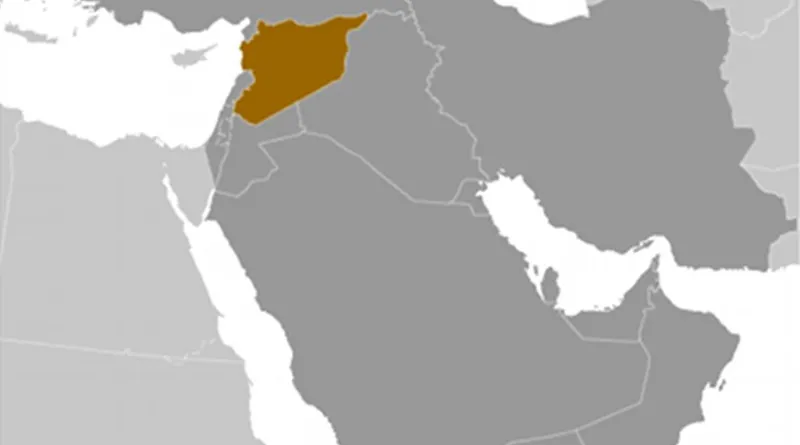The Syrian Oil: Time for New Approach?
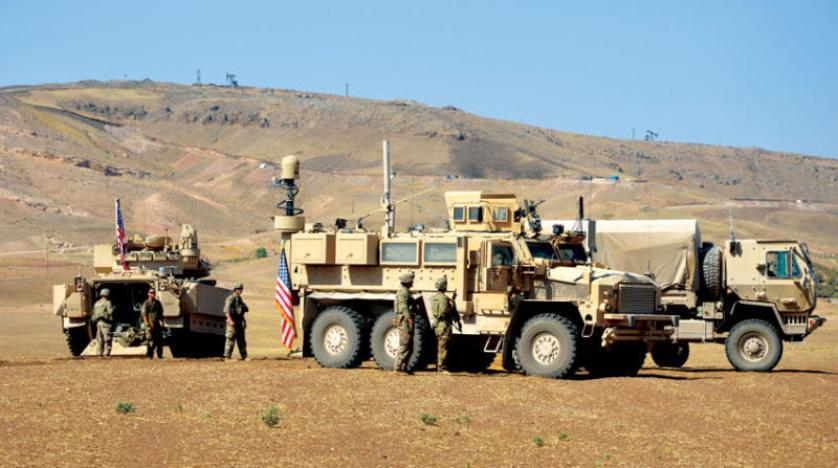
In Syria, opponents found in oil a rare point of consensus to cooperate and pick clean the country’s wealth and revenues, according to Ibrahim Hamidi for Asharq al-Awsat.
With the war in Syria now in its twelfth year and with the US-Russian conflict still ongoing to control the oil sector and its potential, local belligerents and regional opponents have found in oil a rare point of consensus to cooperate and pick clean the country’s wealth and revenues.

